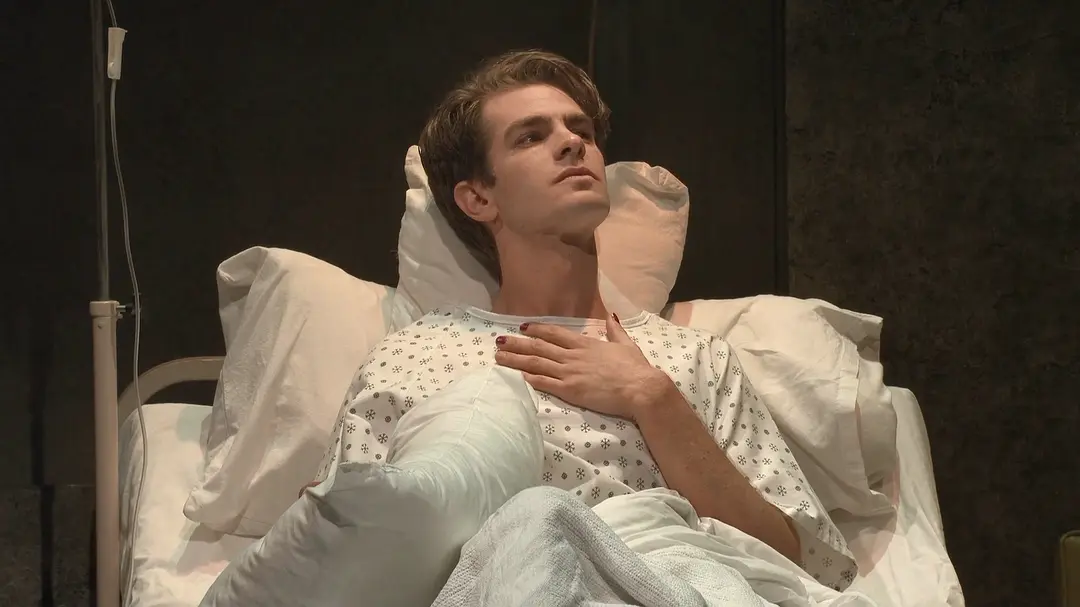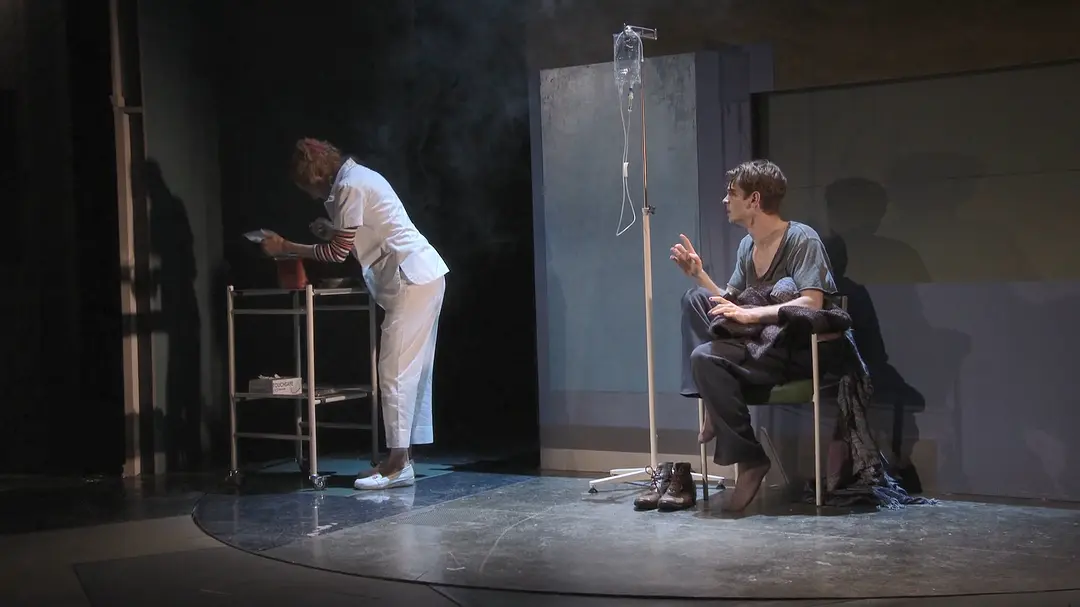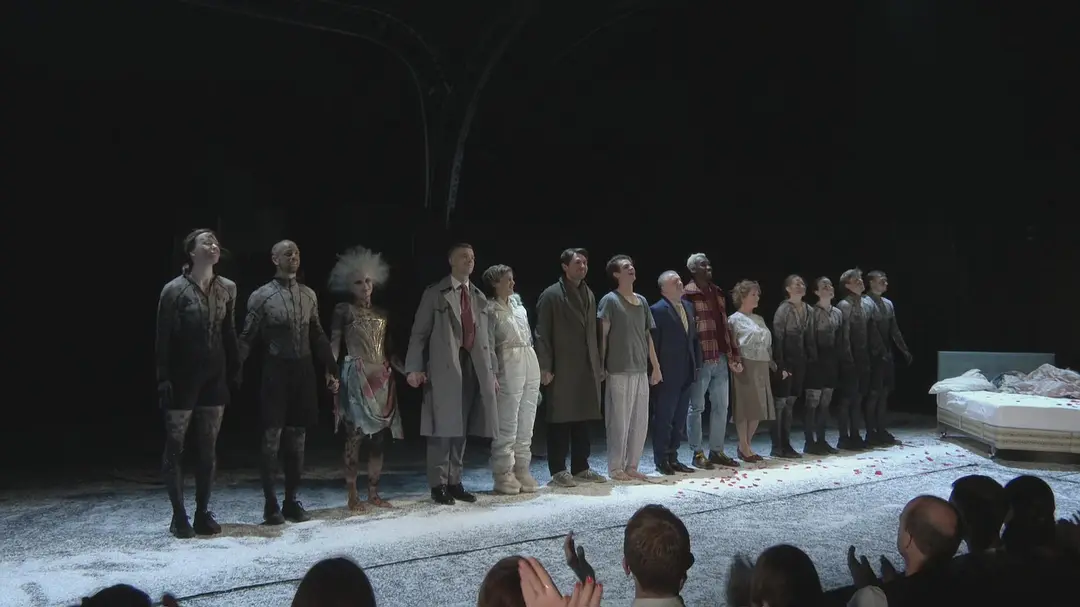*Angels in America*: Revisiting a Modern Theatrical Masterpiece
Set in the conservative Reagan-era 1980s, *Angels in America* explores a society grappling with the AIDS crisis. Tony Kushner’s groundbreaking play presents interconnected stories of New Yorkers navigating life, love, sexuality, faith, and mortality. Its imaginative structure and emotional depth have made it one of the most important theatrical works of recent decades, blending humor, tragedy, and social commentary into a powerful dramatic experience.
 Two Parts, Over Seven Hours of Drama
Two Parts, Over Seven Hours of Drama
The play is presented in two parts, totaling more than seven hours of immersive storytelling. Premiering at London’s National Theatre between 1992 and 1993, it received critical acclaim and won multiple awards, including the Pulitzer Prize for Drama. The narrative weaves together multiple storylines, highlighting characters’ struggles with personal identity, societal pressures, and the devastating impact of AIDS, creating a rich, emotionally resonant tapestry.
 The Revival: A Star-Studded Cast
The Revival: A Star-Studded Cast
The current revival features a stellar ensemble, including Academy Award nominee Andrew Garfield as Prior Walter. Garfield delivers a performance full of emotional nuance and vulnerability, capturing the pain, resilience, and hope embedded in Kushner’s writing. The ensemble’s chemistry and dedication breathe new life into the classic text, making the production both fresh and deeply affecting for contemporary audiences.
 Themes That Resonate Across Decades
Themes That Resonate Across Decades
Though rooted in the 1980s, *Angels in America* explores timeless themes of love, suffering, faith, politics, and mortality. The play challenges audiences to confront societal prejudices, personal fears, and the resilience of the human spirit. Its blend of wit, insight, and poignant emotion ensures its continued relevance, offering a profound meditation on human relationships, identity, and the enduring questions of life.





